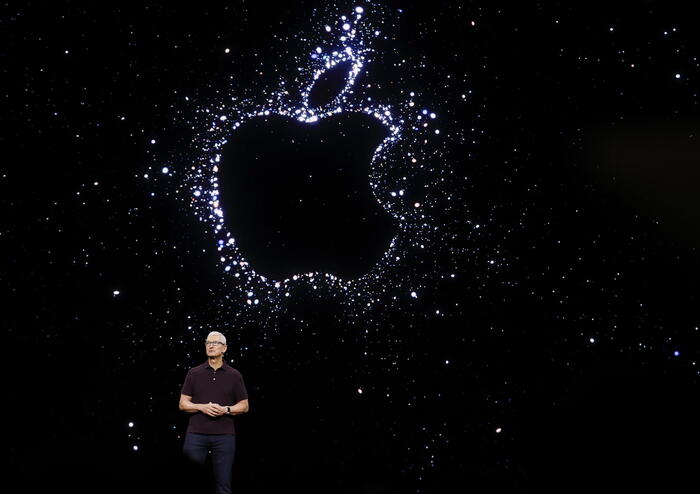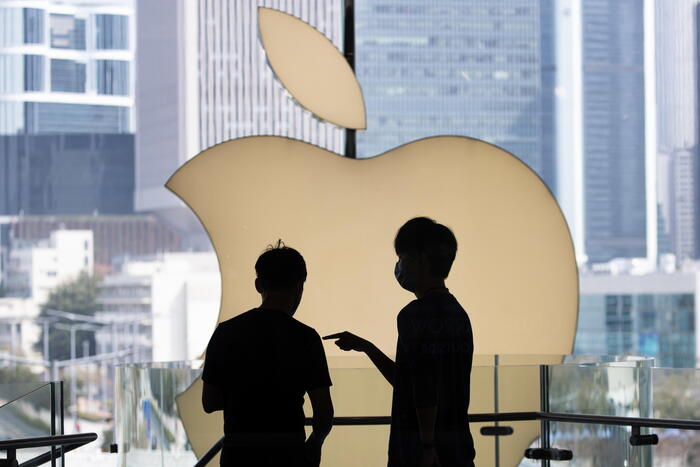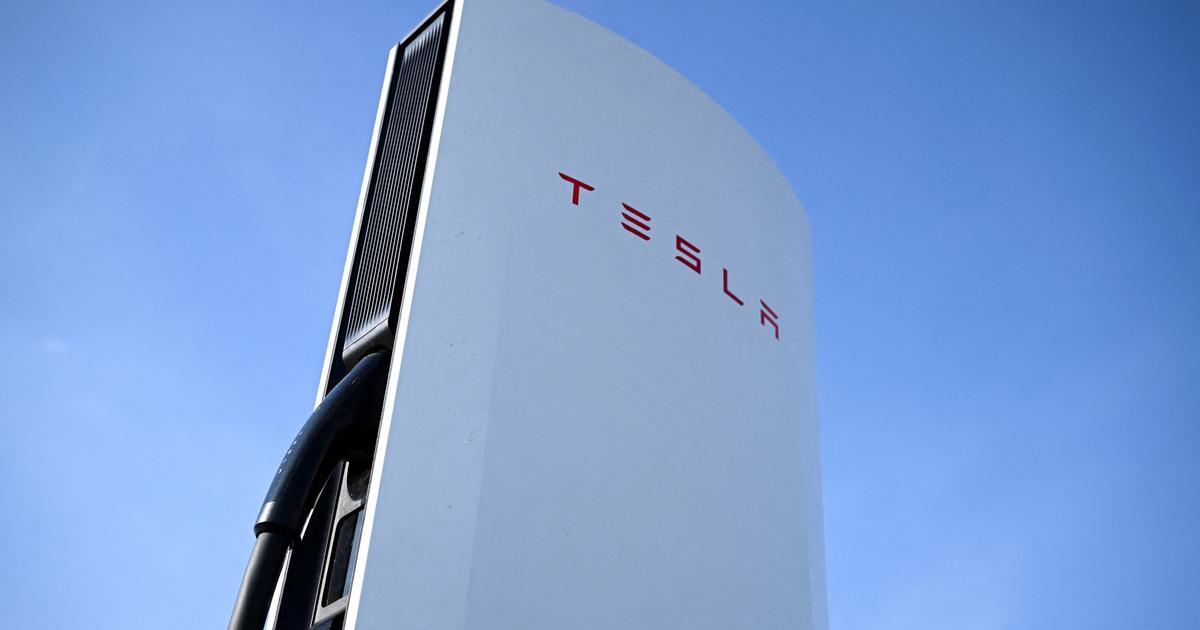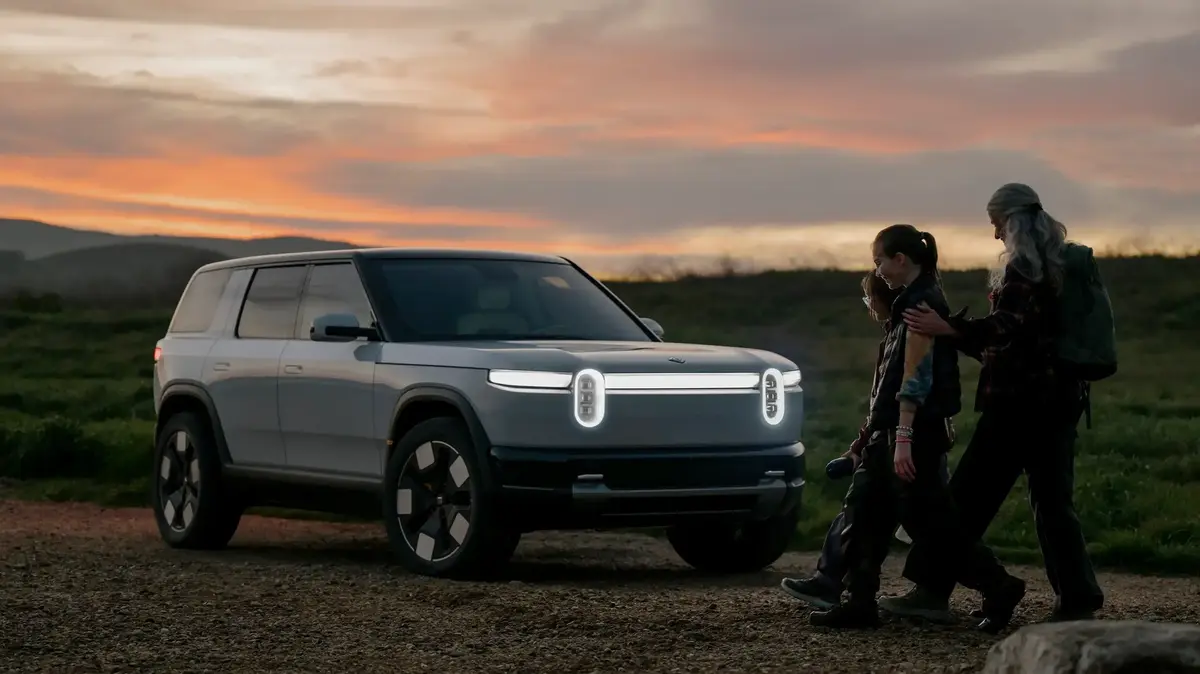Enlarge image
Better quiet and vegan than extroverted:
Rivian founder
Robert J. Scaringe
at the presentation of a pick-up prototype in November 2018
Photo: PHILLIP FARAONE / Getty Images via AFP
Robert J. Scaringe
(38)
actually wanted to
convince his financiers with a sports car. "I built a prototype, a thing that would look real in a video, but was only 0.1% real," the Rivian founder recently told an American car magazine. "There wasn't a single component that came from a supplier. It really was a hacked car." Ten years ago he discarded the idea - and focused on an electric pick-up model and an SUV. To start with, they should shape the image of the brand.
A clever move, because it enabled Scaringe to set itself apart from almost all other competitors in the booming e-car business - and fuel the imagination of investors. Although he had only produced 189 cars by the end of October, he successfully went public on the Nasdaq technology exchange on Tuesday. The potential Tesla rival placed 153 million shares at $ 78 each. The proceeds are 11.9 billion US dollars, making Rivian the largest IPO this year. At the same time, Rivian is already worth more than established car manufacturers like BMW or Stellantis right from the start.
Of course, there is a comparison with
Elon Musk
(50), who pushed Tesla like a rocket to become by far the most valuable car company in the world.
And there are indeed parallels: like Tesla, Rivian relies entirely on electronics.
Like Tesla, Rivian will sell its cars directly to customers without a dealer network.
And like Tesla, Rivian wants to set up its own charging station network.
But the differences are even bigger.
It starts with the person.
Unlike rocket manager Musk with his aggro management, Scaringe is a rather calm, book-shy engineer with a doctorate from the Massachusetts Institute of Technology (MIT).
He once tried to reduce his personal carbon footprint by only walking and cycling, taking cold showers and washing his laundry by hand.
According to the Wall Street Journal, a first attempt by the automaker Ford to get into its start-up failed after the Ford men invited the vegan Scaringe to a steakhouse. And when he gave a speech to the staff and his three young children on the first Rivian produced in September, his voice failed.
In terms of social media power, Scaringe is more than 1,300 times smaller than Musk.
From time to time he posts a video from the Rivian factory in Normal (Illinois)
on his Twitter account (just 48,300 followers, including Amazon CEO
Andy Jassy
).
Musk, on the other hand, roars and fires his around 63 million followers several times a day, is considered a hero in the Reddit forums and uses meme allusions, which caused him multiple problems with the stock exchange supervisory authority.
Even so, Scaringe is a high risk entrepreneur.
Compared to Musk, he is aiming for an IPO with Rivian at a much earlier point in time.
Tesla was four years younger than Rivian today when it went public in 2010 - but at least it had sales of more than $ 100 million that year.
According to SEC documents, Rivian has so far zero sales, but has accumulated around two billion dollars in losses since the beginning of 2020.
"We do not expect that we will be profitable in the foreseeable future, and we cannot guarantee that we will ever do it," writes Rivian in the filing.
The fact that companies dare to go public at such an early stage with no sales is usually only known from biotechnology.
Most of the other electric car manufacturers who, like recently Nikola, Lordstown, Faraday or Lucid, were striving to hit the floor with sometimes shaky business figures, chose the less strictly regulated route via the merger with an already-listed stock market shell (Spac).
Only the IPO of the Chinese provider Nio 2018 is comparable to Rivian.
Like Musk, who knows how to play virtuously with the enthusiasm of fan shareholders, Scaringe also wants to take advantage of the current hype about electric car stocks. In the expected rain of money, he even surpasses Musk more than clearly: Tesla earned around 230 million dollars when it went public in 2010 - the Rivian boss raised more than 40 times this amount.
Unlike Musk, Scaringe also relies on a range of models.
At the time of the IPO, Tesla only had the Roadster on offer;
the Model S existed only as a vision.
Scaringe, on the other hand, presents two off-roaders that are supposed to be "brand-defining like a halo".
The R1T pick-up, of which only 180 were produced by the end of October (most of them delivered to employees);
Scaringe claims to have built 1000 by the end of the year.
And the SUV R1S, the production of which is scheduled to start in December,
Production target by the end of December: 15.
Above all, however, Rivian will build the electronic delivery vehicle IT for Amazon - which reveals another difference to Tesla.
While Musk relies fully on private customers and will not be targeting business customers directly with his semi-electric truck until next year, Scaringe will do his bulk business with Amazon - by 2025 he wants to deliver 100,000 EDPs.
Unlike Tesla, Rivian has two major strategic investors, Amazon and Ford.
Amazon founder
Jeff Bezos
(57) supports the company as much as possible.
After flying into space with the rocket of his space company Blue Origin in the summer, he got into a Rivian.
A calculated PR hit against his arch-rival Elon Musk.
Like Musk at Tesla, Scaringe will remain the all-important figure at Rivian.
"We are highly dependent on the work and reputation of our founder and CEO," the company warns future investors.
Thanks to the split into class A and class B shares, which is common in tech companies, he will still have 9.5 percent of the votes and thus remain the most powerful single shareholder, although he will only hold 1.1 percent of the shares.
His salary was $ 1.3 million in 2020, according to SEC data - but he was granted stock options that could be worth around $ 2 billion if he went public.
Compared to Musk, that's nothing: The Tesla boss currently owns around 17 percent of Tesla shares - a package worth around 170 billion dollars.








